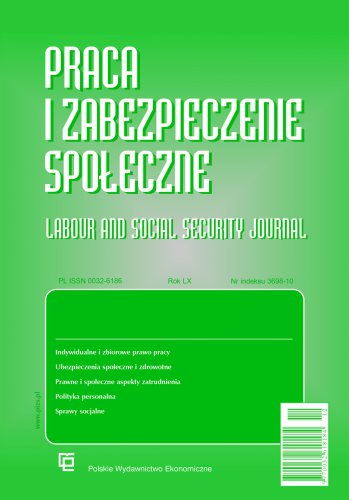The considerations carried out in this article focus on the issue of the relationship between the pharmacist's professional autonomy and his/her employee subordination in the situation of exercising his/her profession within the employment relationship. In accordance with Article 35(1)–(2) of the Act of 10 December 2020 on the Pharmaceutical Profession the pharmacist shall take his own decisions with regard to pharmaceutical care, pharmaceutical services and the performance of his professional tasks, being guided exclusively by the interests of the patient and shall not be bound by professional instructions in that respect. The operator of a pharmacy, a point of pharmacy or a hospital pharmacy department shall enable the pharmacist to take decisions independently with regard to the exercise of pharmaceutical care, the provision of pharmaceutical services or the performance of professional tasks, in so far as these are related to the activities of the operator. Therefore, it should be considered that the pharmacist is not bound by the employer's orders in the scope of activities covered by the legal guarantees of professional independence, while the employer has a legal obligation to enable him to make decisions independently within the limits of his professional rights. In this respect, therefore, there is no obligation to carry out the employer's instructions concerning work within the meaning of Article 100 para. 1 of the Act of 26 June 1974 — the Labour Code.
Keywords: pharmacist; pharmacy; liberal profession; independent profession; profession of public trust; medical profession; employee; employer; employee subordination; obligation to follow the employer's instructions

